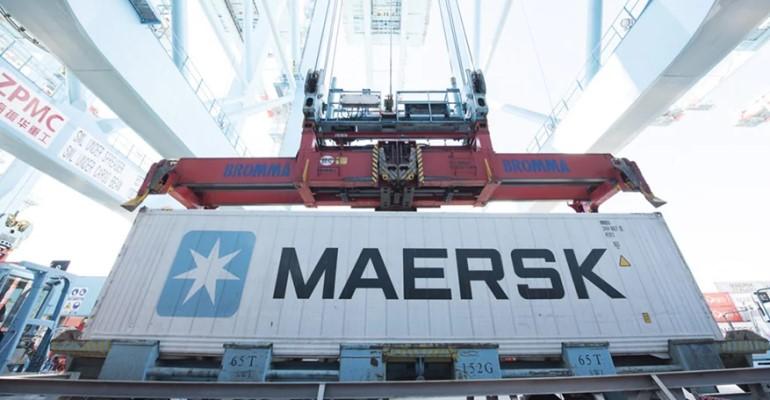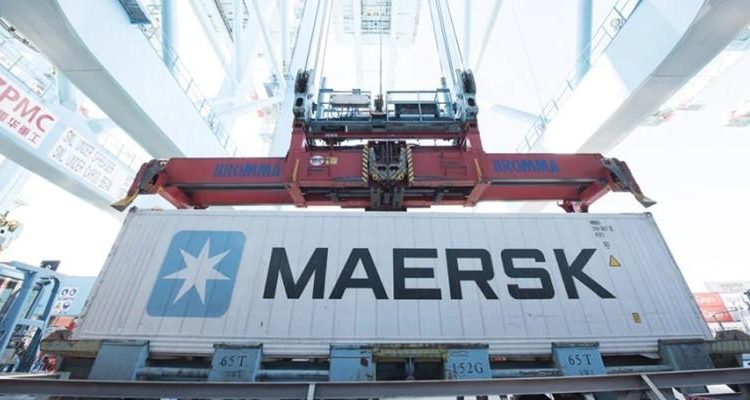The integration of Maersk-owned brands is part of a strategy to unify Maersk’s structure, remove internal barriers within the organisation which impede operations, and align Maersk’s structure to the needs of its customers.
Hamburg Süd was founded in Germany in 1871 and was acquired by Maersk Line in 2017. Sealand is a brand synonymous with US trucker and entrepreneur Malcom McLean who popularised containerised transportation by sea in 1956 when converted tanker SS Ideal-X sailed with a cargo of standardised 35-foot containers. Maersk acquired Sealand in 1999.
“We aim to unify our brands and our structure in a way that better reflect the reality of our customers. We are convinced that this will allow us to better respond to your logistical needs on a daily basis,” Maersk said in a notice to customers.

An in-depth review of the future of each brand in different geographies will be carried out, said Maersk, and existing contracts and agreements will be adhered to.
In an FAQ posted on its website, Maersk said timelines are being finalised for the retirement of the brands. As well as Sealand and Hamburg Süd, all recently acquired brands such as Senator and LF Logistics will be retired as well as Twill.
Explaining the timing of the move, Maersk said: “Whilst we are now a company with increased presence across the transport and logistics supply chain, we must remember that one part of Maersk could be in a customer or supplier relationship with a third-party and another part of Maersk may compete with that same third-party. We must always ensure that third-party data that Maersk obtains from a customer or supplier relationship does not flow to another part of Maersk that competes against that third-party.”
The latest major change at Maersk follows the announcement earlier this week that Maersk and MSC are to scrap the 2M alliance in 2025.
Copyright © 2022. All rights reserved. Seatrade, a trading name of Informa Markets (UK) Limited.

 Tiếng Việt
Tiếng Việt
